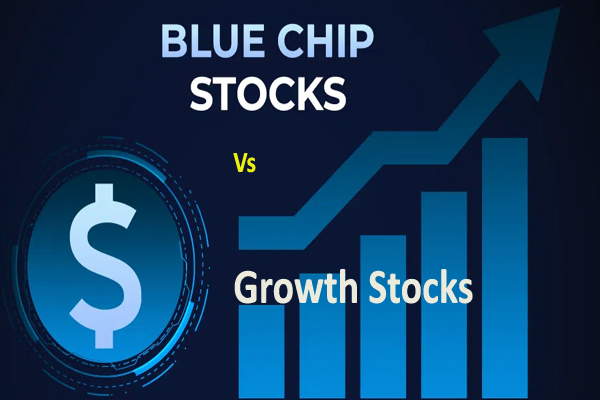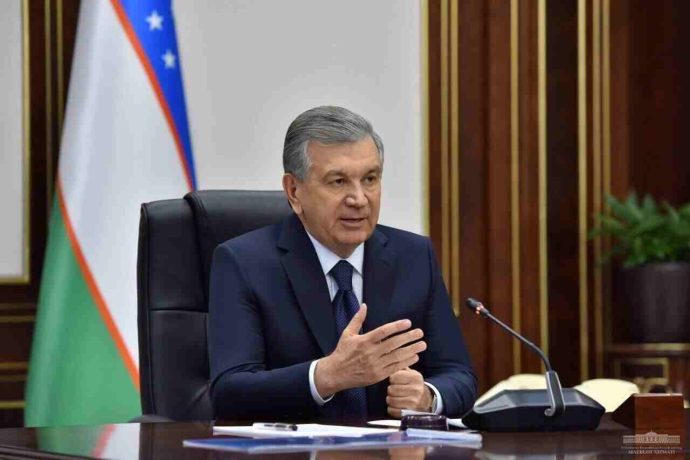
Uzbekistan, a Central Asian nation with a populace of 36 million, has undergone a monumental shift under the stewardship of Shavkat Mirziyoyev. His ascension to power in 2016 marked a turning point for the country, transitioning from a closed-off state to an active participant on the global stage. Mirziyoyev’s presidency has been characterized by sweeping reforms that have propelled Uzbekistan’s economic resurgence and international relations.
The Evolution of Uzbekistan’s Policies
Shavkat Mirziyoyev, born into a family of medical professionals in 1957, brought a nuanced understanding of Uzbekistan’s administrative intricacies to his presidency. Drawing from his multifaceted experience across various administrative levels, Mirziyoyev swiftly identified the systemic issues plaguing Uzbekistan’s economy and society, initiating a wave of transformative reforms upon assuming office.
Progressive Reforms and Policy Initiatives
Upon assuming office, Mirziyoyev initiated comprehensive reforms aimed at liberalizing the economy, releasing political prisoners, and dismantling bureaucratic barriers for businesses. His collaboration with international institutions, notably the International Monetary Fund (IMF), enabled Uzbekistan to establish reliable economic metrics and issue US dollar-denominated bonds, signaling the country’s commitment to financial transparency and stability.
Mirziyoyev’s diplomatic endeavors were equally impactful, revitalizing relationships with neighboring countries such as Kyrgyzstan and Tajikistan and bolstering ties with global powerhouses like the European Union, China, and the United States.
Economic Renaissance through Foreign Investments
Uzbekistan’s post-Soviet economic landscape inherited outdated industrial infrastructures and a deficit in consumer goods. To revitalize the economy and generate employment opportunities, Mirziyoyev emphasized attracting foreign investments and privatizing state-owned enterprises.
Germany emerged as a key European partner in Uzbekistan’s economic revitalization, witnessing substantial German investments exceeding $2.5 billion in the country. Noteworthy German-affiliated companies such as MAN, CLAAS, Knauf, and Falk Porsche Fiberglass have established a robust presence in Uzbekistan, contributing to its economic diversification. Collaborations with major European financial institutions like Deutsche Bank and Commerzbank further facilitated Uzbekistan’s economic growth through credit provisions and support for privatization efforts.
Revamped International Trade Dynamics
Uzbekistan’s traditional exports of cotton, uranium, gold, and agricultural produce were previously monopolized, hampering the country’s trade potential. Mirziyoyev’s reforms aimed at transitioning towards value-added processing in industries like textiles while adopting market-oriented agricultural practices.
Germany emerged as Uzbekistan’s principal European trade partner, with trade turnover reaching substantial heights, totaling $1.2 billion in the previous year alone. Germany primarily exports industrial machinery to Uzbekistan while importing agricultural produce, textiles, and apparel. Leveraging the European Generalized Scheme of Preferences (GSP+), Uzbekistan capitalized on tariff preferences to enhance exports to Europe.
Pioneering Sustainable Development and Green Energy
Uzbekistan’s vision for sustainable development included a significant shift towards renewable energy sources, aiming to reduce dependency on fossil fuels. President Mirziyoyev’s ambitious goal to achieve a 40% share of renewable energy in the country’s energy mix by 2030 necessitated modernizing irrigation systems and minimizing water losses.
Strategic collaborations with European, Chinese, and Middle Eastern partners propelled Uzbekistan’s foray into green energy, witnessing the inauguration of numerous solar and wind power projects. Competitive bidding strategies to lower electricity costs and government subsidies incentivizing households to install solar panels demonstrated the country’s commitment to sustainable energy practices.
Uzbekistan’s Future Trajectory under Mirziyoyev’s Leadership
Mirziyoyev’s endorsement of the Uzbekistan 2030 development strategy, formulated through extensive collaboration, outlined ambitious targets for GDP growth, export expansion, enhanced education, healthcare, and improved living standards for citizens.
The nation’s reliance on collaborative partnerships, particularly with Germany and other global allies, remains instrumental in realizing these ambitious goals. Shavkat Mirziyoyev’s visionary leadership has fundamentally transformed Uzbekistan, positioning it as a more open, globally engaged nation ready to embrace the challenges and opportunities of the future.


